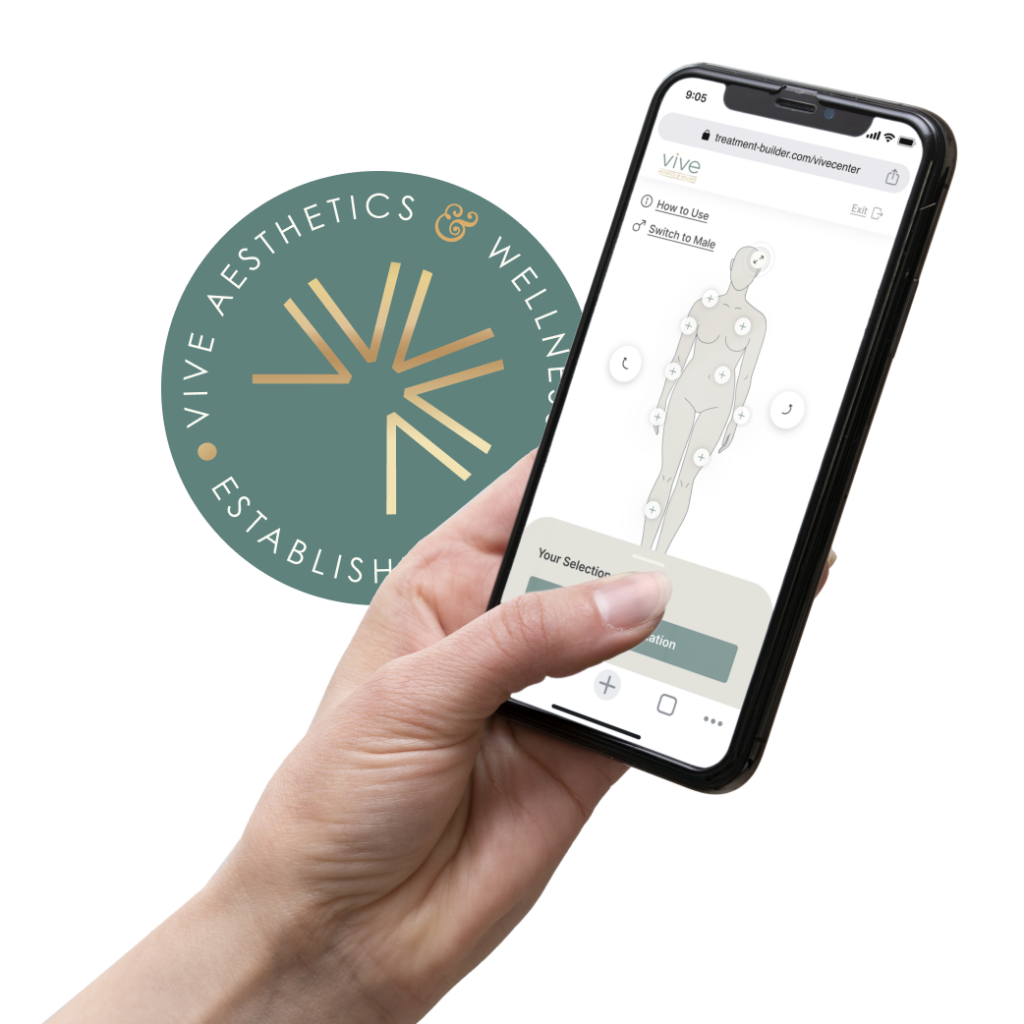
Wearable tech gadgets, especially fitness trackers, are the latest fashion trend. While there are no conclusive clinical studies vouching for their weight loss efficacy, fitness trackers, like Fitbit, Jawbone, and the Apple Watch, offer features that are in line with the key behaviors that contribute to weight loss. Could these wearable trackers be a secret weapon in helping you lose weight? Here are some features that might support that claim:
Every step counts. Fitness trackers measure the amount of steps you take throughout the day. These devices shine on a light on your activity level and may motivate you to move more. A Stanford University analysis of several studies found that people who used pedometers increased the numbers of steps they took by an average of 2,491 a day (the American Heart Association recommends taking 10,000 steps a day to increase physical activity and reduce risk of heart disease).
Set up reminders. Need a friendly reminder to get you into shape? You can program your fitness tracker to send you healthy alarms. For example, if you sit at your desk for long periods of time, you might set an alarm to signal that it’s time to get up and move. The wearable trackers will discreetly “tap” you or vibrate on your wrist to let you know it’s time to do something healthy for your body.
Go over the stats. Fitness trackers offer apps with detailed charts and graphs illustrating your calories burned and activity levels. If you keep a food log, it’s useful to compare the data to see how your “calories in” compare with your “calories out.” Although, remember that calories and body weight tell only a fraction of the story when it comes to weight loss. Your body composition (percentage of fat, muscle and water) reveals much greater insight into your true weight loss progress.
How much are you really sleeping? There is scientific evidence that suggests that poor sleep may produce hormones like cortisol, which increase hunger cravings and cause you to eat more. Some trackers measure the amount of sleep you are getting and can even determine your “sleep efficiency”. You may think you’re getting 8 hours of sleep when you are actually getting 6 hours. The data provided by your fitness tracker may motivate you to make changes to improve sleep quality and duration.
Let your friends in on the fun! Most fitness trackers have social components that encourage users to engage in friendly health competitions, such as challenges to see who can take more steps throughout the day. Social support is very important in weight loss. The more friends you have helping you reach your goal the better! A new study from Northwestern University found that high levels of social engagement are associated with greater weight loss in an online weight management community. Users who logged in regularly, and “friended” other members were able to lose more than eight percent of their body weight in six months.


